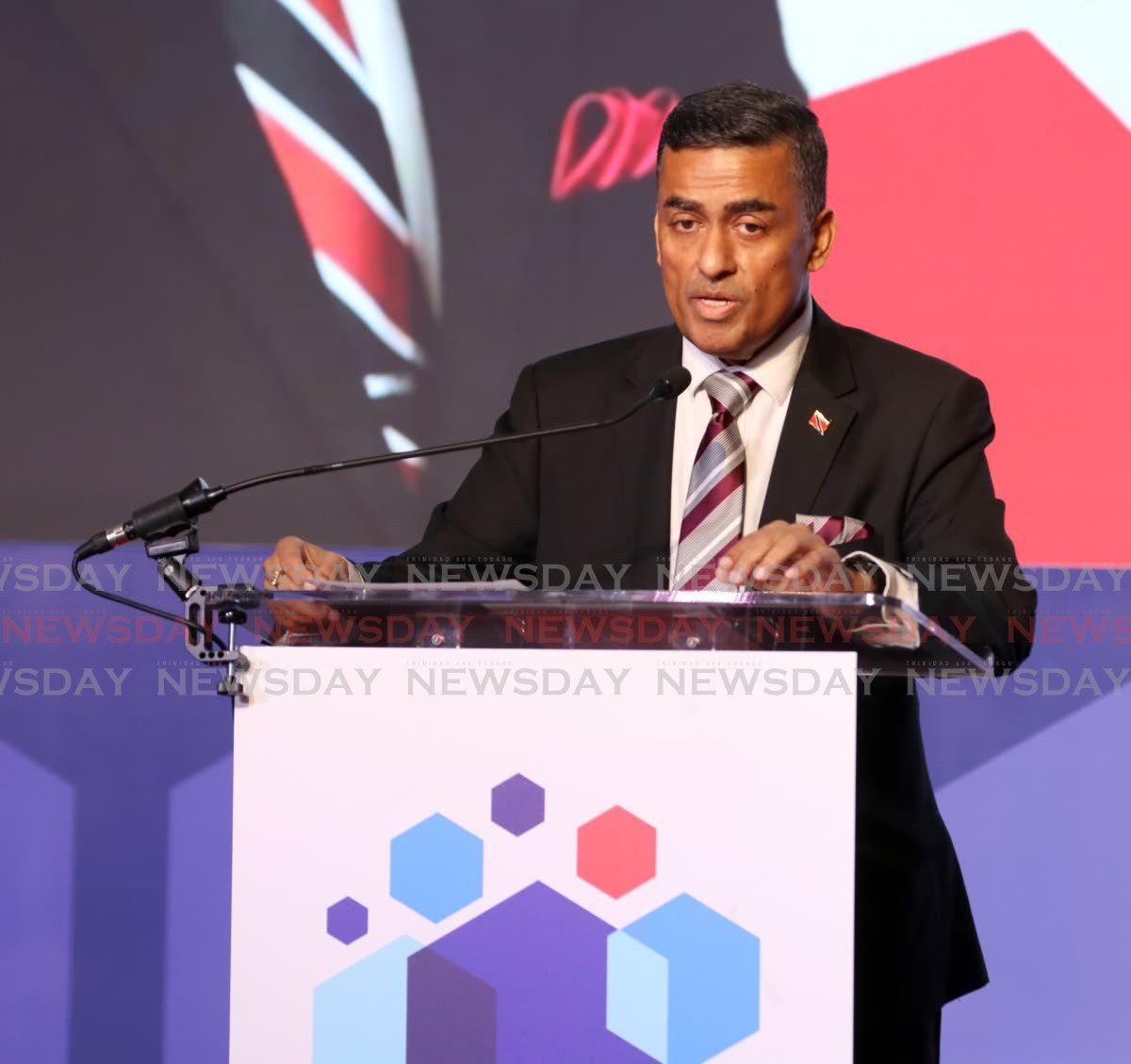In a bid to address the looming crisis facing Trinidad and Tobago’s National Insurance System (NIS), Finance Minister Davendranath Tancoo has unveiled a dual strategy that balances immediate reforms with a broader call for financial independence. Speaking at the TT Stock Exchange Capital Markets Investor Conference in Port of Spain on October 24, Tancoo outlined a phased increase in NIS contributions over two years, followed by a gradual rise in the retirement age over a decade. These measures aim to stabilize the fund, which actuarial forecasts warn could collapse within years due to demographic shifts and financial strain. While the incremental approach seeks to mitigate the impact on workers and employers, concerns linger about potential effects on wages, employment, and inflation. Simultaneously, Tancoo issued a stark warning to citizens, urging them not to rely solely on the NIS for their financial security. ‘What we need is more participation, more people investing, more people saving, more people building wealth,’ he emphasized, signaling a shift away from traditional state-supported safety nets. This dual stance reflects the government’s nuanced approach to safeguarding the NIS while encouraging private financial engagement. However, critics argue that promoting private equity investments contradicts the NIS’s foundational principles of universality, risk-sharing, and income redistribution. With over 600,000 beneficiaries, the NIS remains a cornerstone of the nation’s social safety net. Tancoo’s next steps should focus on expanding coverage to the self-employed, enhancing compliance, and addressing dual coverage, as recommended in the ILO’s 2020 Actuarial Review, to ensure the system’s long-term viability.
